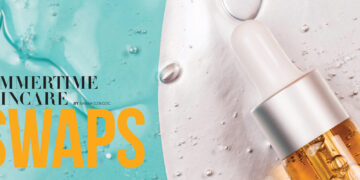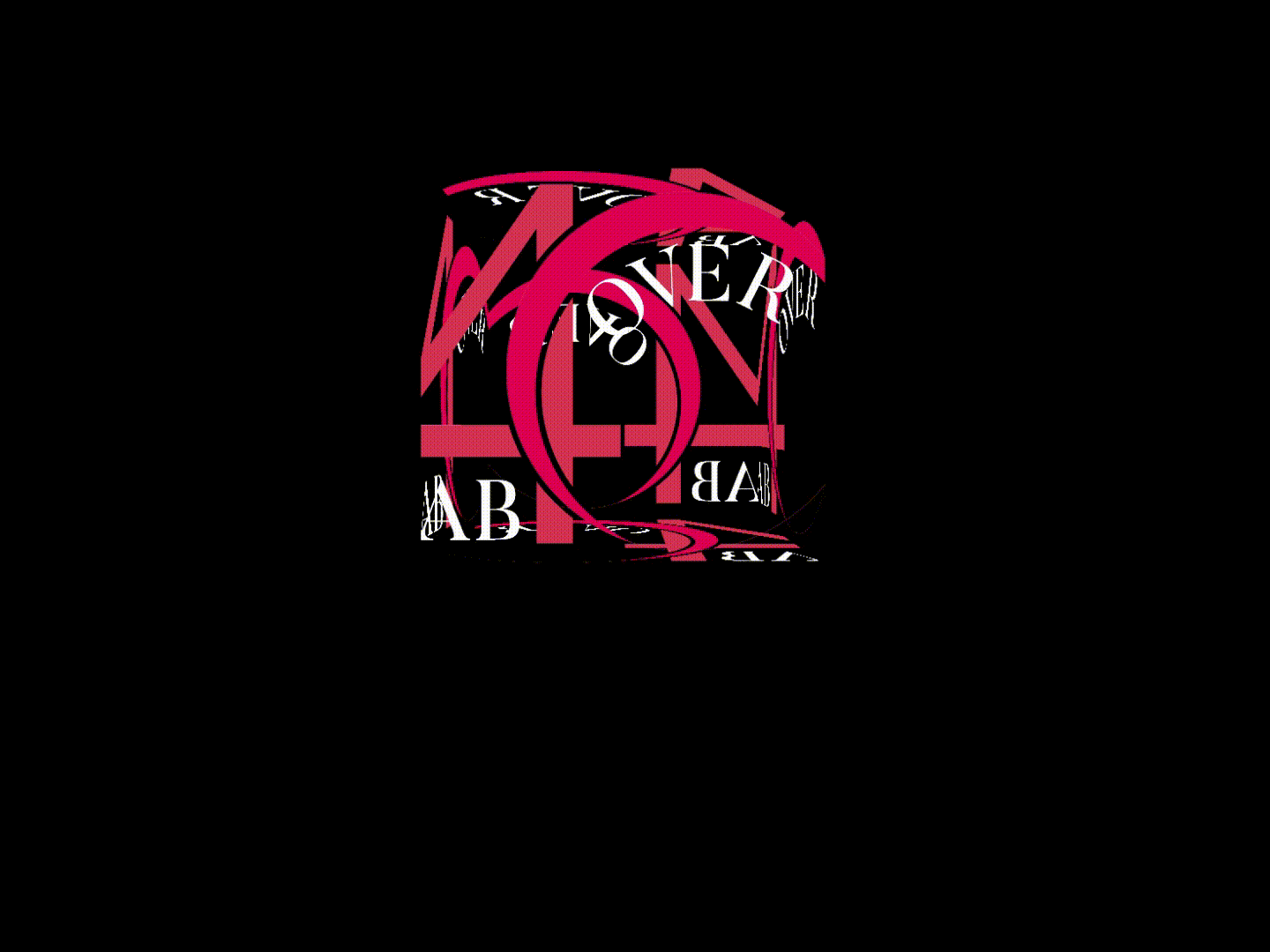From injections to ingestion: why collagen is making a comeback in health and beauty
Collagen is definitely the comeback kid of the beauty world. Once akin to expensive facial fillers, the protein naturally found in foods like bone broth and egg whites have now made a new name for themselves in both health and beauty circles and this time in a much less painful and more accessible way. Ingestible collagen supplements or collagen peptides are gaining popularity among the wellness-minded and the potential benefits of these powdered products range from glowing skin to pain-free joints to improved digestive health.
Today our health and beauty routines share a much more harmonious connection: we’re less concerned with quick fixes for the sake of our appearance and more so with healing our bodies from the inside out in order to improve our overall health. With this more holistic understanding, collagen supplements have made a mark in the health and wellness industries, so much so that it’s one of the biggest wellness trends of the past year and only expected to grow. In order to sort out the help from the hype we spoke with Caledon, Ontario-based registered dietitian Angela Wallace about the uses and benefits of adding more collagen to your diet
WHAT IS COLLAGEN?
Collagen is the most abundant source of protein in our bodies and is found in our skin, bones, hair, nails, muscles, and tendons,” explains Wallace. “It acts like a glue in our bodies, helping to hold everything together and keeping muscles and bones in place.”
A vital protein no doubt, the unfortunate reality is that collagen production begins to decline to start in our mid to late 20s. “After we turn 30, our production slows by approximately one to two percent each year, which results in many of the signs associated with aging such as loss of skin elasticity and hydration as well as decreased muscle and bone mass,” says Wallace. “We cannot stop the loss of collagen, but we can certainly help support its production.” One way you may be able to combat collagen loss is by adding more collagen to your diet. Enter collagen supplements.
MORE THAN SKIN DEEP
Approximately 80 percent of skin is made up of collagen so it’s no surprise that a decrease in this protein coincides with the hallmark hydration, and reduced wrinkles after taking collagen supplements. signs of aging: fine lines, wrinkles, sallowness, and dryness. Promising studies including a 2015 study in the Journal of Medical Nutrition and Nutraceuticals showed improved skin elasticity, But the potential positive effects of collagen go well beyond the dermis. Our joints for one have a lot to gain from the supplement since as our collagen levels decrease the risk for joint-related disorders increases. “Collagen provides structure to our joints, so supplementing the protein may ease joint pain and arthritis in older adults and also has the potential to promote speedier bone repair in case of a fracture,” explains Wallace. Newer to researchers is the effect of collagen on digestive health, which is being studied for its role in strengthening and repairing the lining of our digestive tract and optimizing immune function.
SHOW ME WHAT YOU’RE MADE OF
Collagen supplements can be made from the bones, cartilage, and skin of mammals like cows (bovine collagen), or from the bones and scales of fish (marine collagen). Like other concentrated protein products, most collagen supplements are available in powdered form making them easy to add to smoothies, coffee, soups, and the like. Look for supplements that are hydrolyzed—the enzymatic process that breaks down the essential amino acids glycine, hydroxyproline, arginine, and proline in collagen so that they’re more readily available and easily absorbed by our bodies. “What’s important to keep in mind is that whether you are consuming supplements or foods that naturally contain collagen, when ingested they are broken down into amino acids, which are the building blocks used by our bodies to form new collagen,” says Wallace. So although consuming more amino acids can certainly help to produce collagen in our bodies, there’s no guarantee our bodies will use it to specifically make proteins over other vital functions like synthesizing hormones, maintaining organ function, or regulating the immune and nervous systems.
FOOD FOR THOUGHT
Before shelling out money for supplements, there are plenty of foods you may be getting a collagen boost from already. Wallace suggests an approach of food first and supplements second. “If we can create a diet that is rich in collagen or collagen-boosting nutrients, then that will help our bodies produce the protein.” Such collagen enhancers include vitamin A, vitamin C, and zinc. “The vitamin C we get from citrus fruits like kiwifruit and oranges and vegetables like sweet peppers helps link together the amino acids needed for collagen production. It is also a powerful antioxidant that helps reduce oxidative damage in our bodies and plays a critical role in skin repair and cell regeneration,” explains Wallace. “Zinc—think foods like pumpkin seeds, beans, and spinach—also plays a critical role in slowing the breakdown of collagen, while retinol (also known as vitamin A1) helps stimulate collagen production and supports skin elasticity, which is found in fatty fish like salmon.”
THE BOTTOM LINE
From a molecular level, our body doesn’t know the difference between using the collagen it gets from a collagen powder smoothie and digesting a cup of bone broth. “Though we cannot control where the consumed collagen is going— meaning we can’t choose our skin for example—it does have an important role in supporting joint and skin health with little risk and the potential to reduce bone loss, increase muscle mass, and decrease joint pain. Do you need a supplement? Not necessarily, but having a powder form handy might make it easier to implement into your diet,” says Wallace...
Fuel up with these collagen-rich products

Genuine Health |
Broya Parsley & |

Sproos Lemon |

Vital Proteins Collagen |
















